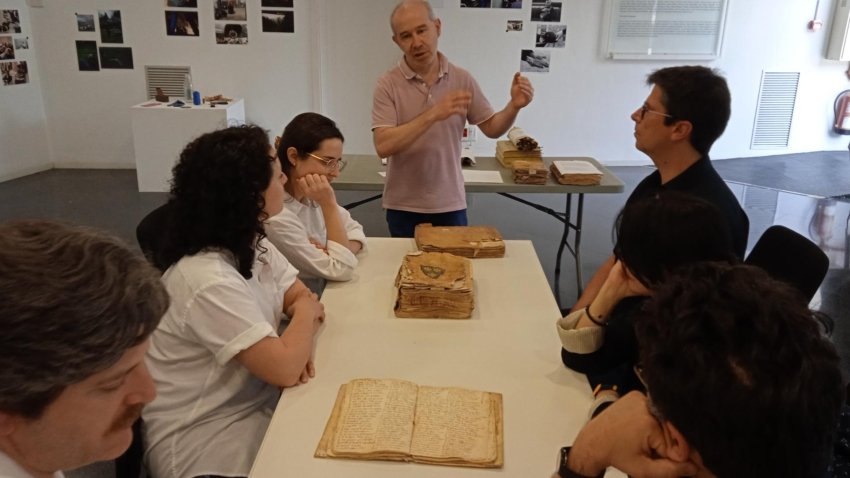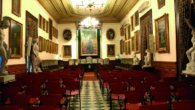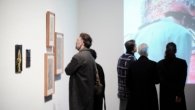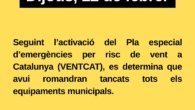FABERLLULL Cierra The reflection on the multiple forms of steeling in the medieval period, generates a three -band diálogo between the past, the stories that are tightened on them and the instruments used for knowing it. Until this Domingo, the residence of Olot Acoge to a decena of medievalist researchers who will debate on continued and discontinued productive ones between the Media Age and the current time; on the different types of neo -medievalism and his snack in thinking of the contemporary society; and on contemporary theoretical model that allows to illuminate aspects until it is evaluated by medieval culture.
During three days, different Sesiones of Debate have been scheduled that will address topics as diverse as the interpretations of Pulling the white as a medieval clásico; The creation of the modern cocina in the Coch book; the policy of care in the 17th century Barcelona; the thought of Ramon Llull; or the boundaries and problems of the literary person of the Moor in the studies of the first Baroque one.
In addition to the debate in Faberllull, the residentials will also visit the facilities of the regional archive of La Garrotxa to know the documents of medieval origin that make up their bottom, and will move until the monastery of Santa María de Ripoll to discover the history of the building.
The residents
The group of residents is formed by Daniela Gutiérrez Floresprofessor at the University of California, Davis; Henry Berlinprofessor of the Department of Romanesque Lenguas of the University of Buffalo; Núria Silleras-FernándezCathedral at the University of Colorado-Bouder; Noel Blanco Mourelleprofessor at the University of Chicago; Paulina LeónAyudante Professor Doctor at the University of Nueva York; Simón Villegasdoctoral student at the Massachusetts University; Montserrat PieraCathedral at the Temple University of Philadelphia; and Albert LloretProfessor at the Massachusetts Universidad Amherst.
The medievalist studies
The study of the Age Media surge of a historical distance that is difficult to save: from an epoch to another changing contexts from which questions are asked about the past, but to the minus the questions that are ended are the same. To overcome this separation between passing and present, the study of the media age is nutter of Herramientas (philology, paleography and historical grammar, between many other disciplinary ones) that they have fired the past and relate to it. Paradójically, the complexity of these Herramientas can end up creando técnica barreraras between current reading and the culture pretérita, oscureciendo or including substitute the object of the original study.
The Encuentro wants to highlight how the study of this period has repeatedly served as a trampolín in the modern thought. It is the case, by Ejemplo, of the interest that Karl Marx had for the feudal economy or of the famous vision of the Stulfera Navis In the principle of study of Michel Foucault About the crack in the Premoderna period. At various times of crisis, they have sought to point for apoyo in the Age Media to be able to think of contemporary problems.










